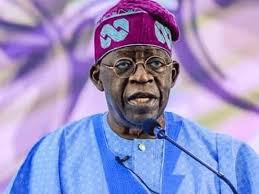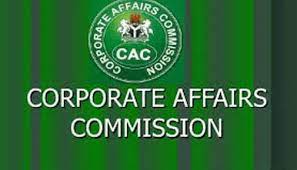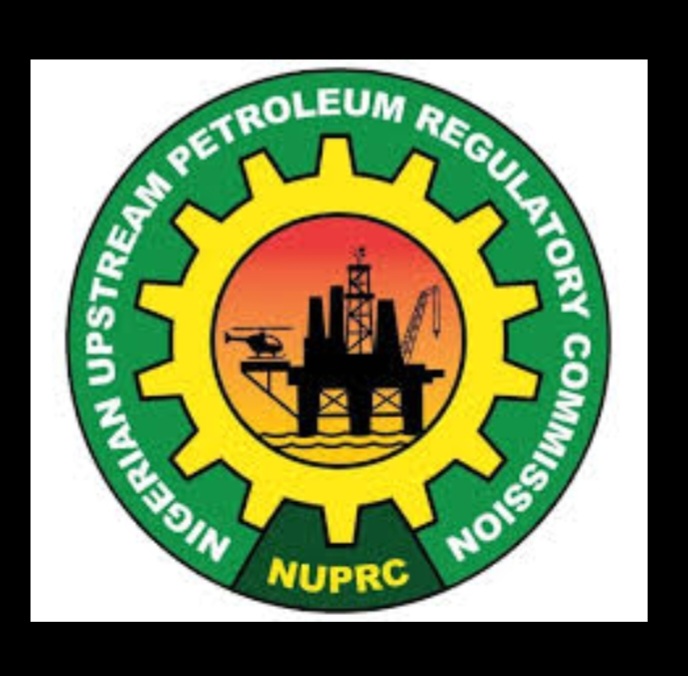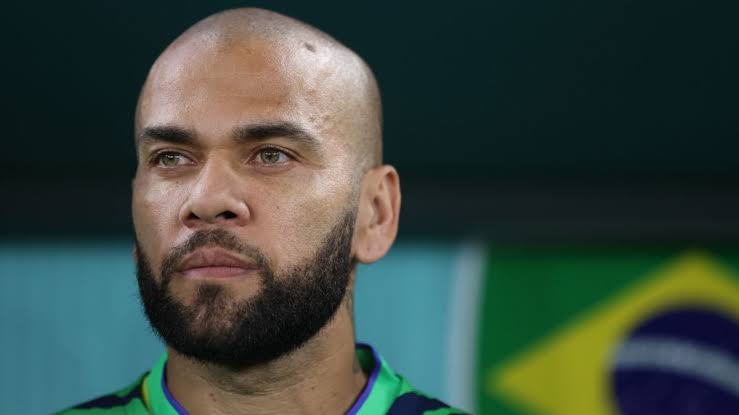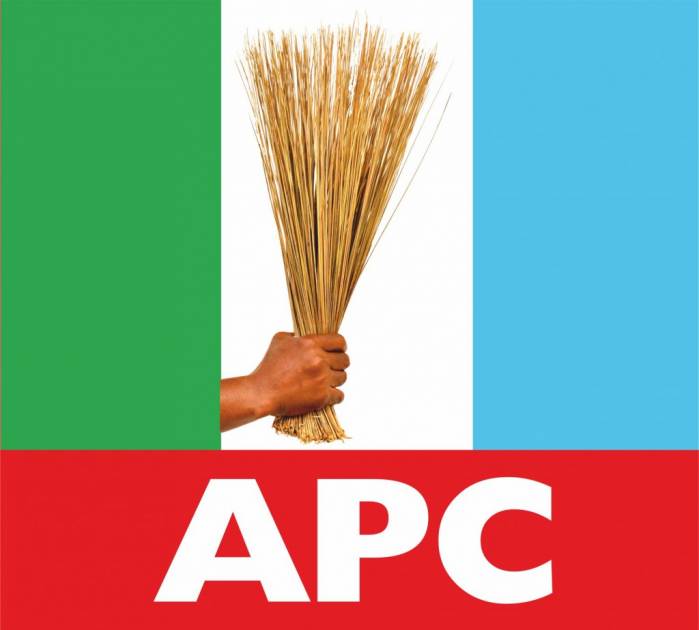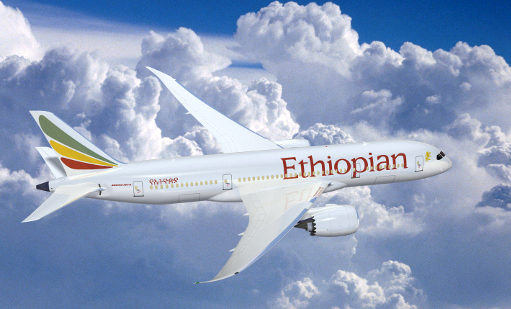Green Eagles were good enough for a first African Nations Cup gold at Ethiopia 1976. It was their second time, after a disastrous debut in Ghana thirteen years earlier. From Group B, Dire Dawa, they left Addis Ababa with the bronze.
Ikechukwu Ezidinma was one of the four Enugu Rangers players that made the team. The others were Captain Christian Chukwu, Ogidi Ibeabuchi and Alex Nwosu. Conspicuously missing was goalkeeper Emmanuel Okala, one of Africa’s best at the time.
Right full back, Patrick Ekeji, also stayed away. Okala had differences with the Nigeria Football Association. Joe Erico took his place while Zion Ogunfeyimi stood in as reserve. Ekeji was frustrated by some of his lectures at the University of Nigeria, Nsukka who insisted that he had to be present in class or earn a resit.
Ezidinma was better on the left but with Sam Ojebode and Godwin Odiye very much around, coach Tiko Jelisavcic had to try the Flying Antelope elsewhere. He did not play in the 4-2 demolition of defending champions, Leopards of Congo Democratic Republic.
Against Sudan, Father Tiko pulled out Sani Mohammed from the right back in the 67th minute and introduced Ezidinma. The Eagles won 1-0. That was the only game they did not concede a goal. Sunny Oyarekhua had taken over from Thompson Usiyen in the 63rd.
Ezidinma started against Morocco and Nigeria looked good with the opening goal by Ojebode in the 50th minute. The Red Atlas Lions fought back. Father Tiko withdrew midfielder, Haruna Ilerika, for Idowu Otubusin, a defender. Ken Olayombo took Oyarekhua’s place. It did not help. The North Africans won 3-1.
Chukwu did not play until the Final Round when he debuted against Guinea. Ezidinma was on the bench all through. Francis Okorie came in for Ojebode. It ended 1-1 when Papa Camara drew Sylli National level. The Guineans had many of the Hafia players who knew Okala so well. They were pleasantly surprised he did not play.
Morocco came again. Nigeria took the lead. It did not end well. Chukwu who took over the captain’s band from his assistant, Aloysius Atuegbu helped as the Atlas Lions could not score more than twice. Referee Ndiaye of Senegal was blamed for the 2-1 loss in a match Ogidi debuted after Ilerika left. Otubusin took over from Kunle Awesu.
Nigeria’s last match was against Egypt. Ezidinma was on the bench. The Pharoahs scored first, Eagles equalised. The Egyptians scored again, Nigeria responded and went ahead to win 3-2. Alex Nwosu saw action. Thompson Usiyan gave way to Olayombo.
At Ethiopia ’76, all but one of the Green Eagles featured. Baba Otu Mohammed scored three goals. Muda Lawal, Usiyan and Ojebode, got two goals each. Kelechi Emeteole moved from defence to midfield. The odd man out was reserve keeper, Prince Zion.
Nigeria had a bunch of good strikers but goalkeeping was not solid. Morocco, Guinea and Nigeria scored a combined number of 33 goals with each team netting 11 times. However, the Eagles conceded 10 goals. Red Atlas Lions let in six and Guinea, seven goals.
When CAF released the Team of the Tournament list, Ilerika and Awesu made it. Baba Otu, with his three goals, was not selected. Tournament’s leading scorer, Alioune Keita of Guinea, with four goals was also missing. His team mates Cherif Souleymane, Djibril Diarra and Petit Sorry were in.
Morocco had three players – keeper Mohammed Al – Hazaz, Mustafa Fetoui and Player of the Tournament, Ahmed Faras. Two Egyptians, Mustafa Younis and Farouk Gaafar were not ignored, as well as Ethiopia’s Tilde.
Morocco left Addis with the Cup, Guinea finished with silver and Nigeria won bronze. To show that the Green Eagles were better with Okala and Ekeji, they picked a Montreal 1976 Olympics ticket at the expense of Morocco about two months later.
The first leg in Lagos ended 3-1. The Moroccans took their guests to Stade de Marchan, Tangier, for the return leg, won 1-0 and lost on 3-2 aggregate. The Red Atlas Lions were still hot, having won their first and second round matches, home and away, against Libya and Tunisia respectively. The Eagles lacked opponents as Mali and Cameroon withdrew.
Ezidinma relocated to the United States in 1978, same year Odiye and Awesu left. He lived in Reseda, California. Not much was heard of him, just like Awesu and Alex Nwosu. He got married to an American and they had a daughter. In 2010, he was in Nigeria. On April 10, he died in Port Harcourt and was buried a month later, on May 8, in Umuobiala, Isuikwuato, Abia State.
I did no know he was gone until I stumbled on his cousin, Nnamdi Ezidinma, a Port Harcourt based lawyer. I doubt if the the NFF is aware of his demise. The younger Ezidinma did everything to let me into the former Green Eagles defender world.
He was the first son and left behind four brothers and three sisters. Ejiogu lives in Benin City. Ndubuisi is based in Port Harcourt, I spoke with him. The other brothers are Adindu and Ochiabuto. One of the sisters, Chinweokwu has settled in the US. Ifeyinwa and Chinonyerem are in Nigeria. Their parents are late, mum departed after her son.
Ikechukwu Ezidinma was at Annunciation Secondary School ( Annunco), Isuikwuato, before the Civil War. He finished at Aba Trade Centre after the crisis. Before joining Rangers, the star played for Aba Textile Milla ( Abatex). His Alikpo family, Amaoji in Umuemoke – Umuobiala were proud of him.
Many members of that 1976 African Nations Cup team have transited. Coaches Tiko, Dan Anyiam, Godwin Etemike and Carl O’ Dwyer are down there. Erico, Atuegbu, Ilerika, Ojebode, Usiyan, Muda, Awesu, Emeteole, Oyarekhua, Ogidi and Ezidinma, that is enough to form Dire Dawa Eagles, post humous. Emeteole also hailed from Umuobiala.
![Fwd: SPORTS FLAKES. THE NEXT EDITION. FRIDAY V victoria ibanga to me, chinwe 6 hours agoDetails Pls publish. > > SPORTS FLAKES : OKALA : CONQUEROR AND EMPEROR OF CAMEROUN Byline: Emeka Obasi Category: SPORTS Picture: Emeka Obasi > > Camerounians will live to remember Emmanuel Anthony Oguejiofo Okala as one goalkeeper that made them cry severally and remained shoulders above their soccer teams. Only once did the legend lose to Cameroun and it was after full and extra time. Before that stain, he tormented the Indomitable Lions in Yaoundé, stopped Canon Sportif in Lagos and dismissed Tonnerre Kalara in Calabar. > > Okala's first encounter with the Indomitable Lions was in a 1974 Yaoundé friendly. The Green Eagles defeated their hosts 1-0. Other members of the Nigerian squad included Harrison Mecha, Nathaniel Adewale, Christian Chukwu, Idowu Otubusin, Musa, Philip Boamah, Kenneth Olayombo and Mohammed Lawal. The rest were John Nwadioha, Haruna Ilerika and substitutes, Mike Okotie, Jossy Dombraye and Yakubu Mambo. > > The Camerounian strike force of Roger Milla, Eugene Ekoule, Djombi, and Ama found it most difficult to put the ball past Okala. Even when Doumbe Leah, Bahoken and Machongo joined the attack from the rear, the Nigerian keeper was unbeatable. The introduction of Gregoire Arantes Mbida made no difference. The only goal conceded was by Keeper Mballa. > > At the Algiers '78 All Africa Games, the Lions were in the same Group B with Eagles. Okala was in goal again and the Camerounians needed a win to qualify for the semi-finals. They remembered that Nigeria were defending champions and Okala was in the team that won gold at the Lagos '73 All Africa Games. The game ended goalless. Nigeria later advanced to the grand finale losing narrowly to hosts Algeria. > > The 1978 encounter came a year after Okala had turned Camerounians into day dreamers. On April 16, 1977, the first international match at the new Calabar Stadium was between Tonnerre Kalara of Yaoundé and Enugu Rangers. Tonnerre had won the first Africa Winners Cup in 1975 but lost it to Shooting Stars, Ibadan in 1976. They came with Roger Milla. The Flying Antelopes gave them a 5-1 drubbing as Okala's face seemed to put Milla in a deep blue funk. > > Later in the year, another Yaoundé side, Canon Sportif, confronted Rangers in the finals of the third Africa Winners Cup. That was the top club in Cameroun at the time and had won the Africa Cup for Champion Clubs [today's CAF Champions' League] in 1971. > > The first leg was decided in Lagos. Rangers were merciless, trouncing the visitors 4-1. Their goalkeeper was Thomas Nkono. He was forced to visit the net so often as his defence succumbed to the fire power of the Flying Antelopes. With Sam Onyeaka, Nwachukwu Onyekwelu, Chimezie Ngadi, Aloy Atuegbu and Emma Merenini in top shape, Okala had little to worry about. > > The return leg at the Stade Omnisport, Yaoundé was billed for December 4, 1977. Canon were so sure the first leg advantage would be erased. After all, they were not Tonnerre who could not cancel the same margin when they fell to Shooting Stars in 1976. Canon meant firepower, yes, it was 'Canon Kpakum'.They apparently did not know that Rangers had many ex -Biafran soldiers. Coach Godwin Achebe, the 'Ide' himself was even an Instructor at the Biafran School of Infantry. > > Canon started well and were leading with a goal when the referee called off the match. There was down pour, the field was turning into a swimming pool. The fans were not happy that the rain gave the visitors a breather. The match officials knew that if they allowed the game to continue, it could only pass for a water polo match. Both teams were asked to come back in 24 hours. > > The hosts still bubbled with confidence. Canon had scored 18 goals in six matches on the way to the finals. They gained a walk over against Red Star of Congo in the first round. Rangers had played eight games and could boast of nine goals. Canon did not score less than two goals in Yaoundé. They defeated SC Bissau 7-1, silenced Kadiogo 4-1 and hit El Itihad 2-0. > > Achebe stuck to his formation of Okala in goal with Charles Adimora, Nnamdi Anyafo, Vincent Chika, Christian Chukwu and Ignatius Ilechukwu as defenders. In the mid field, he opted for Aloy Atuegbu, Christian Madu and Ogidi Ibeabuchi. Sam Onyeaka and Nwachukwu Onyekwelu were attacking. Francis Nwosu later came in for Chika while Emma Merenini replaced Onyeaka. > > Canon , founded, in 1930 were 40 years older than Rangers. The opposition could not escape defeat, so the Camerounians thought. Onyekwelu had scored in the Lagos first leg. Known as 'Igariga' he was huge and powerful. While the hosts were settling down, the bulky attacker fired a shot from close to the center circle. Nkono did not see it. He heard his net shake. Canon got one goal too. > > Then it became tough. Okala refused to be beaten. Mbida tried his best. Jeane Manga Onguene put in everything. The goals were denied by the giant between the Flying Antelopes' post. Theophile Abega, the 'Doctor' could not sedate Okala. They found him a hard nut to crack. Yaoundé fans thought there must be something about the Nigerian keeper. The match ended 1-1, Rangers lifted the Cup. > > Canon could not bear that loss. They claimed that Rangers would not have won if there was no Okala. It became a big issue. Cameounians swore that Okala was a Camerounian who chose to play in Nigeria and they were ready to bring him back to their country to man the posts.. > > Blaming them was not the best way out. There are Okalas in Cameroun. The first Foreign Minister of Independent Cameroun was Charles Rene-Guy Okala. He was Ahmadu Ahidjo's man and best remembered as the man who stood up at the United Nations in 1961 to speak against British Northern Cameroun [Adamawa Province] joining Nigeria. Like Emma Okala, Charles Okala was a Roman Catholic. > > His daughter, Nicole Okala Bilai, is the first Camerounian woman to lead a political party and she is today, a Senator. The lady has gone round jobs, from acting to modeling. Like Emma Okala , she was born in May. > > Okala is also the name of a town in Cameroun. It is in the Centre Region. One of their famous footballers, Elie Onana Eloundou was born there. There was also President of that country's Table Tennis Federation, a man known as D. Okala. Many were convinced that the man who punished Canon was indeed one of them, the defeat was that painful. > > Okala returned to Yaoundé with Rangers in 1978. It was the semi finals of the prestige Africa Cup of Champion Clubs and foes were Canon. It ended goalless in the Lagos first leg. In Yaoundé there was heavy rain again but the referee refused to stop the match, another barren draw. Both teams went into penalty kicks. Canon won 6-5. That was the only time the Camerounians enjoyed a better hand. > > With Okala out of the way, Canon were unstoppable. They won the CAF Champions League in 1978, lifted the Africa Winners Cup in 1979 and grabbed the CAF Champions League again in 1980. > > Okala must have had a good laugh. One of his younger brothers is Charles, but did not last long in soccer as a goalie. Patrick was going to step into his brother's shoes. He played in the grand finale of the Cote D'Ivoire '84 Africa Nations Cup. Nigeria lost 3-1 to Cameroun. At last Milla and Abega had beaten Okala but not Emmanuel. In 1988 and again in 2000, the Indomitable Lions defeated Eagles to win the Nations Cup. > > Emma Okala put Cameroun in his gloves all through his playing career. He was voted African Footballer of the Year by African Sports Journalists Union in 1978. Okala conquered Cameroun. When he quit, Nkono heaved a whiff of fresh air and attended three World Cups.](https://www.nextedition.com.ng/wp-content/uploads/2020/05/download-1.jpeg)

